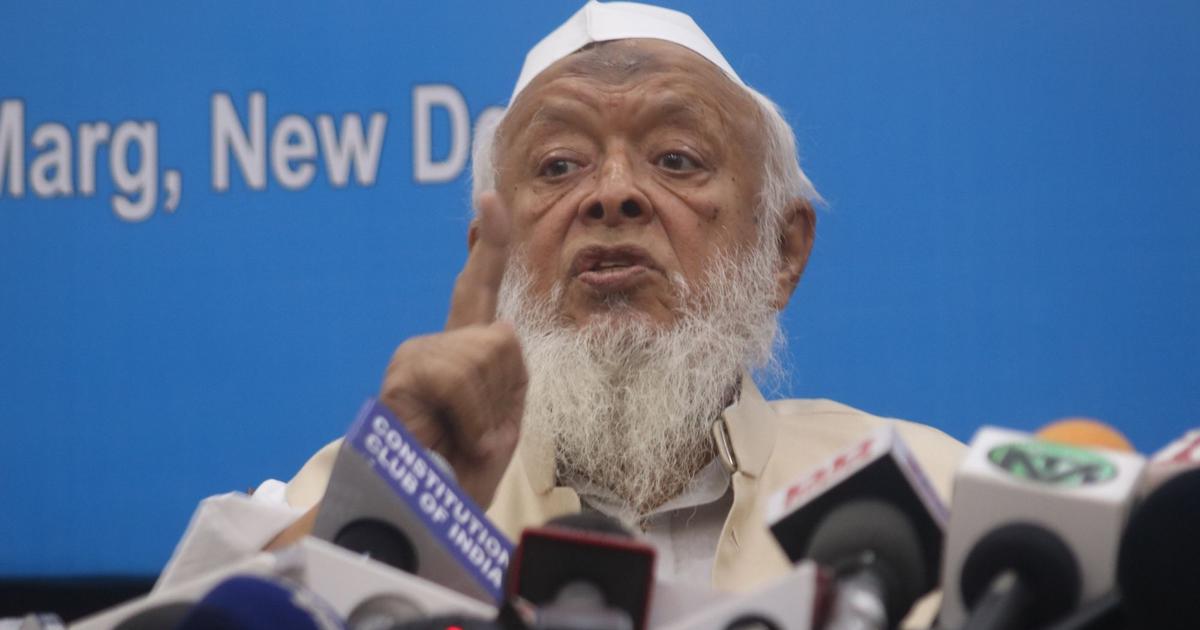Prominent Muslim body Jamiat Ulema-e-Hind on Monday welcomed the Supreme Court’s decision to put on hold certain provisions of the Waqf (Amendment) Act, 2025, but said it was disappointed that the entire law was not stayed, particularly the clause on “Waqf by user.”
Jamiat president Maulana Arshad Madani said the organisation would continue its struggle against what he called an “oppressive law.” In a post on X, he wrote, “This new Waqf law is a direct attack on the Constitution, which grants equal rights and religious freedom to minorities. It is a dangerous, anti-Constitutional conspiracy to snatch away the religious freedom of Muslims.”
Madani added, “We are confident that the Supreme Court will abolish this oppressive law and grant us full constitutional justice.”
The other faction of Jamiat, led by Maulana Mahmood Madani, also reacted to the ruling. He said the court’s order provided “somewhat satisfactory and partial relief” but stressed that the biggest issue remained unresolved. “The issue of ‘Waqf by user’ is the most basic and integral part of Islamic law,” he said.
The Supreme Court, in its interim order, stayed provisions such as the rule requiring only those practising Islam for five years to dedicate property as Waqf, the powers given to collectors to decide Waqf property status, and the composition of Waqf boards. It ruled that the Central Waqf Council cannot have more than four non-Muslims out of 20 members, and state boards cannot have more than three out of 11.
Chief Justice B. R. Gavai, heading the bench with Justice Augustine George Masih, observed, “Presumption is always in favour of the constitutionality of a statute. Intervention can be done only in the rarest of rare cases.”
The Centre had notified the amended Act on April 8, days after it cleared Parliament and received the President’s assent.




























































